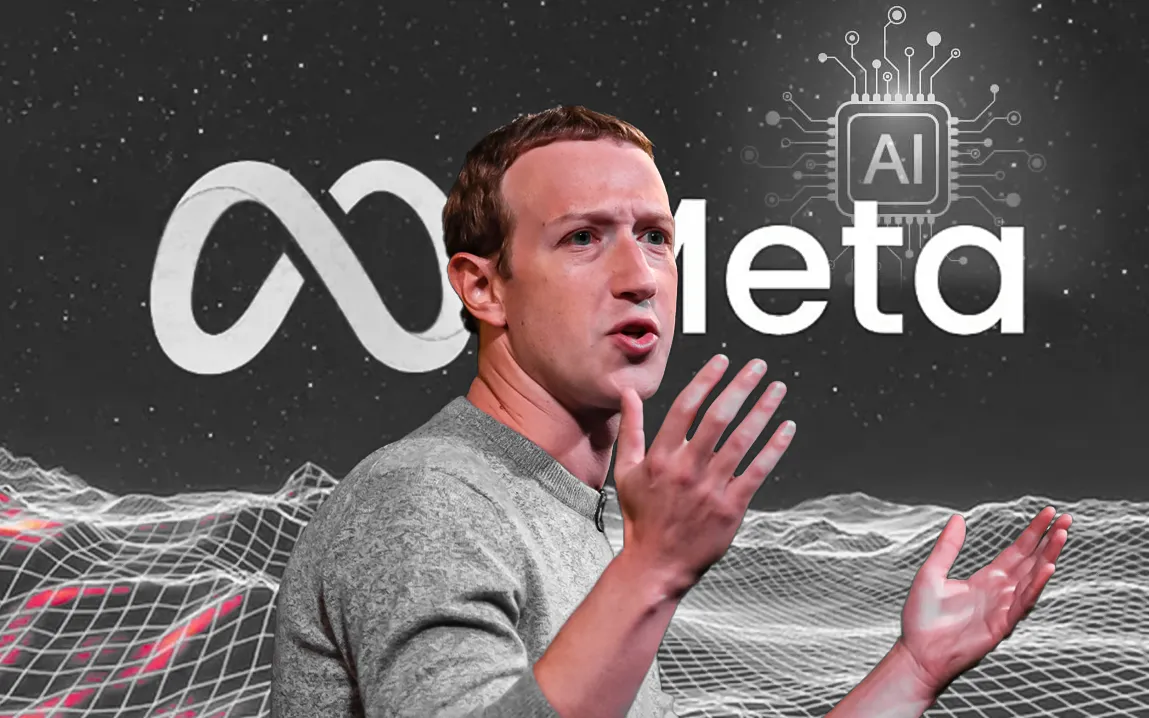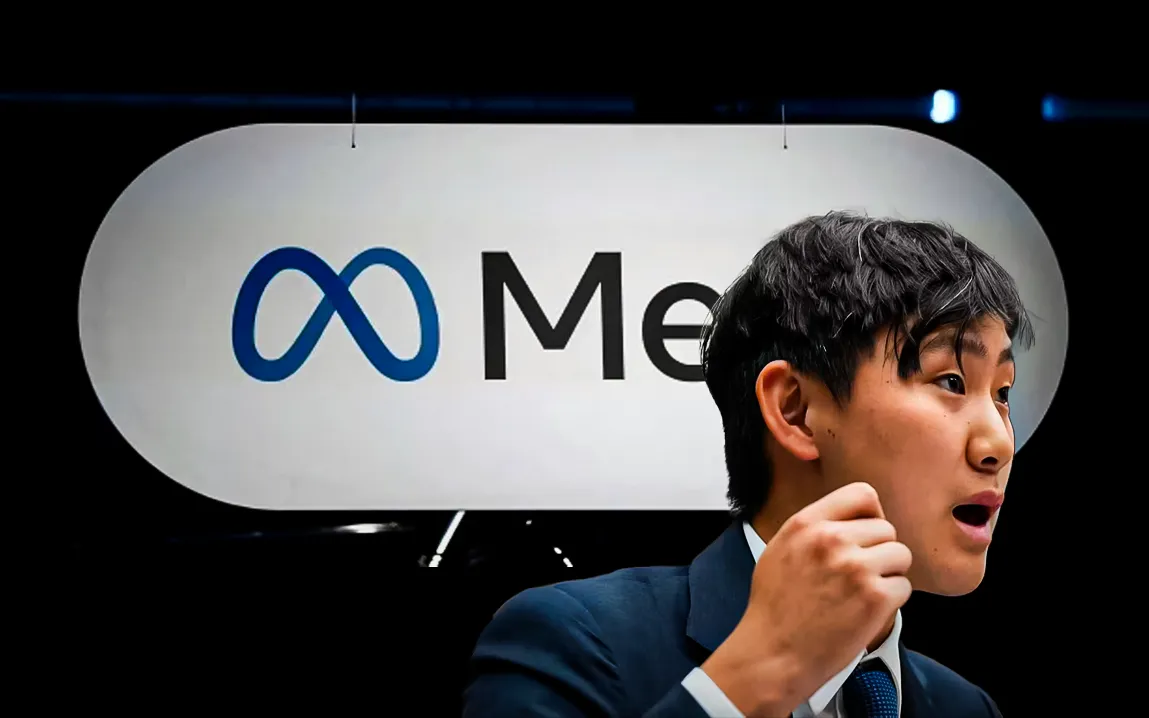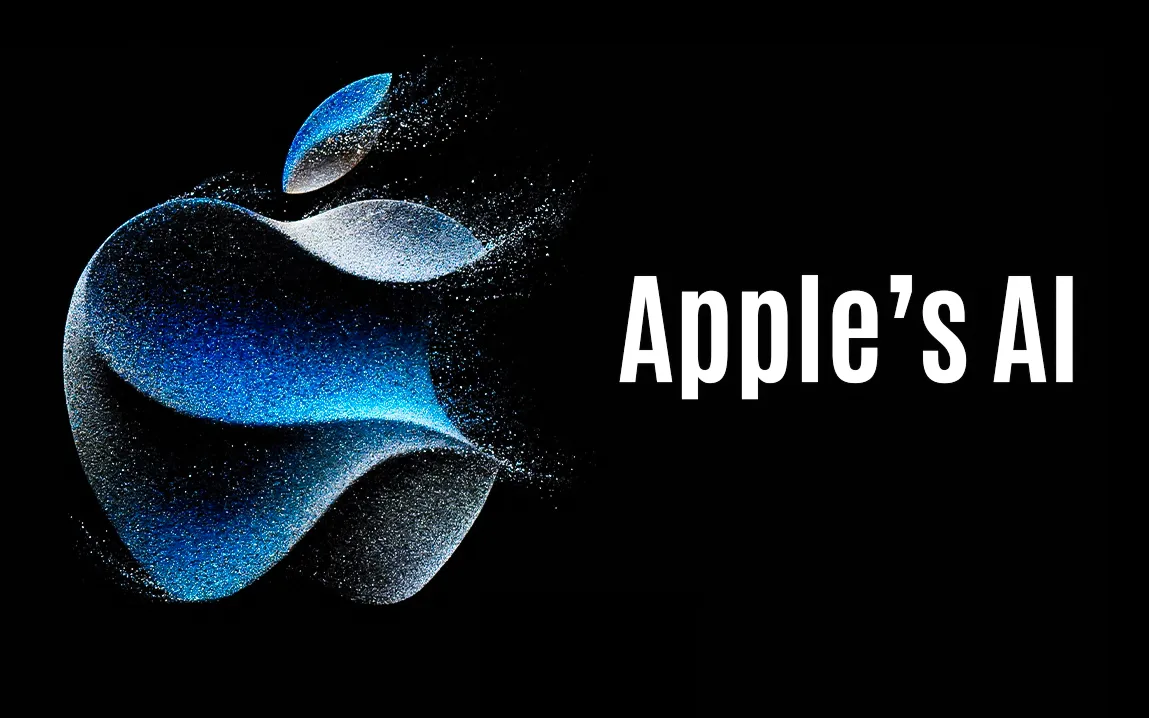A U.S. judge has warned that Meta’s AI could “obliterate” the market for original work, as authors challenge the tech giant for allegedly using their content.
The Courtroom Clash: AI vs. Human Creativity
A heated courtroom scene in San Francisco has spotlighted one of the most pressing questions in tech today: Should AI be allowed to train on copyrighted material without permission?
The case pits Meta Platforms, the parent company of Facebook and Instagram, against several well-known authors including Sarah Silverman and Michael Chabon. At the heart of the lawsuit is the claim that Meta’s AI model, Llama, was trained using massive volumes of copyrighted books—without compensating or even notifying the creators.
The Judge Raises a Red Flag
U.S. District Judge Vince Chhabria didn’t hold back in voicing concerns during a hearing on Meta’s motion to dismiss the lawsuit.
“You have companies using copyright-protected material to create a product that is capable of producing an infinite number of competing products,” he said.
He went further to suggest that such practices could destroy the traditional market for original works:
“You are dramatically changing, you might even say obliterating, the market for that person’s work.”
His words struck a chord not only with the plaintiffs in the case but also with artists, writers, and musicians watching the outcome closely.
Meta’s Defense: Fair Use or Free Ride?
Meta’s legal team argued that the use of copyrighted works to train Llama falls under the “fair use” doctrine—a legal concept that allows limited use of copyrighted material without permission under certain circumstances.
They claimed that Llama doesn’t reproduce the authors’ texts but uses them in a way that transforms the original work.
But Judge Chhabria pointed out a major gap in the plaintiffs’ case. He said that while the claim raises important concerns, it still needs stronger evidence:
“The problem is that you haven’t plausibly alleged that anything was copied that was original to the author.”
In essence, he acknowledged the gravity of the issue but indicated that the lawsuit lacks a smoking gun.
What’s at Stake for Creators?
This isn’t just about a few books—it’s about the future of creative professions. If AI models can be trained on books, art, and music without permission, then creators could find themselves competing against machines that were built using their own work.
And this concern isn’t isolated to the U.S. In India, former Bombay High Court Judge Gautam Patel recently raised similar questions. At an event in Delhi, he asked:
“Is AI a creator or just a tool? What happens to copyright laws when AI begins generating original-seeming content?”
This echoes a growing international debate about whether intellectual property laws are still fit for purpose in the age of generative AI.
The Road Ahead
The lawsuit against Meta may still get dismissed unless the plaintiffs provide clearer examples of harm and direct copying. But the judge’s remarks have already sent a strong message: AI companies cannot assume legal immunity just because the technology is new.
As the legal battle continues, one thing is clear—creators, courts, and companies are now racing to define the rules of engagement in a world where machines can mimic human creativity.



